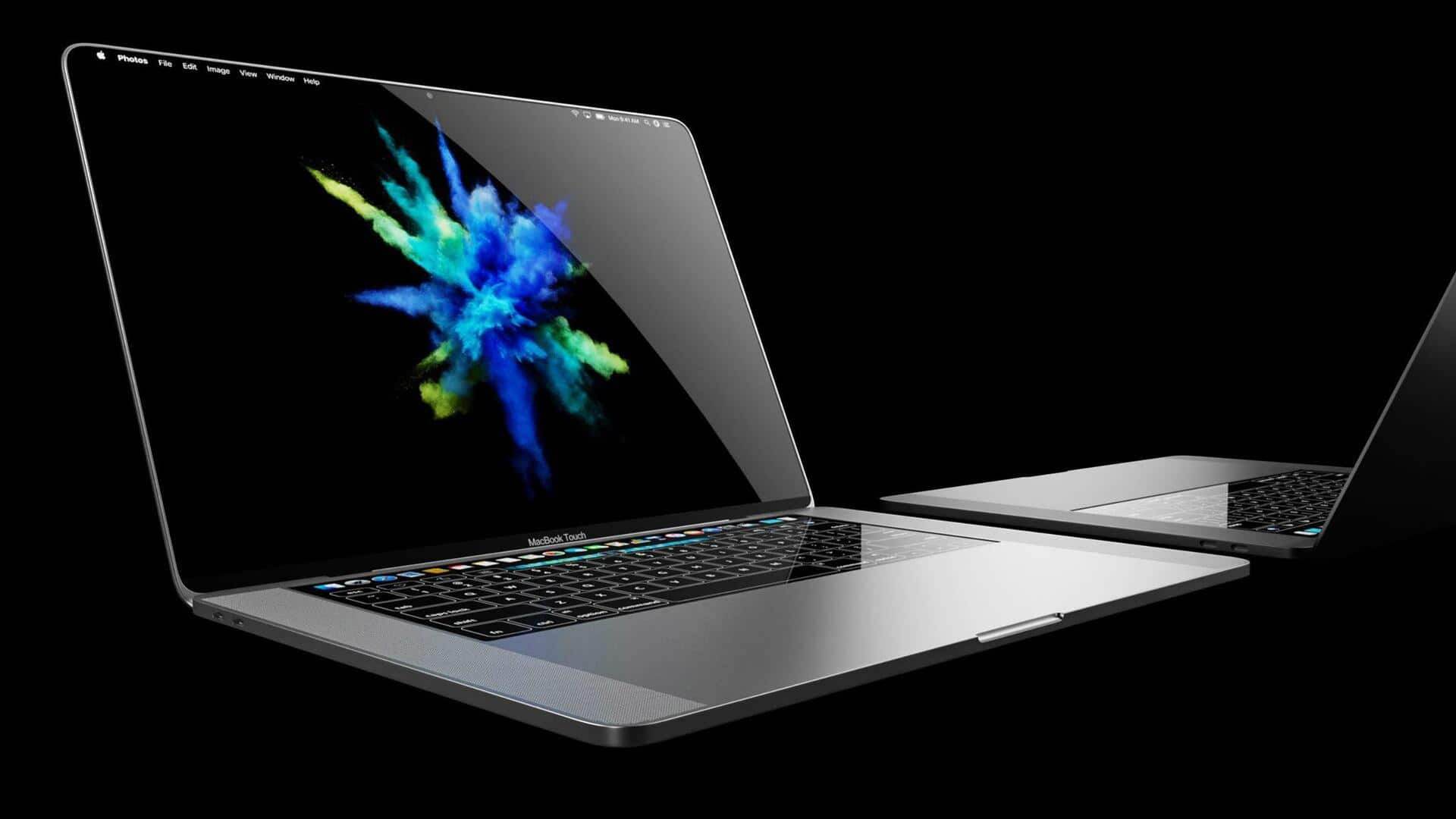
Apple's patent hints at revolutionary MacBook Pro with touch-sensitive surfaces
What's the story
Apple has been granted a new patent, titled "Portable Computer With Dynamic Display Interface," that suggests the tech giant is considering expanding touch functionality to nearly every surface around the MacBook Pro's keyboard. This development comes despite Apple's previous resistance to incorporating touch screens into its MacBooks, a feature commonly found in many Windows laptops. The patent details a laptop design where areas around the keyboard could become touch-sensitive, with different regions responding to user interaction.
Innovative design
A new approach to user interaction
The innovative design proposed in the patent would allow users to interact with their MacBook Pro in novel ways, without losing the traditional keyboard. The concept includes transforming the trackpad into a dynamic display that can alter its shape or function based on user activity. This could potentially revolutionize laptop use by customizing the user interface for different tasks and enhancing the MacBook Pro's versatility.
Tactile improvement
Haptic feedback could enhance user experience
Interestingly, the patent does not propose reviving the area where the Touch Bar used to be in older MacBook Pros. This could be due to its filing in 2019 when the Touch Bar was still in use, or perhaps Apple has taken into account its lukewarm reception. The patent suggests incorporating haptic feedback as a solution to one of the Touch Bar's major drawbacks - lack of tactility that prevented users from building muscle memory or navigating without looking down.
Past endeavors
Apple's history with touch-sensitive laptop designs
This is not the first time Apple has explored the idea of making the MacBook Pro's base more interactive. In 2018, they were granted a patent for a design that would turn the entire base into a touch-sensitive surface, allowing for different keyboard layouts based on user activity. While patents do not always result in actual products, Apple's repeated exploration of this concept indicates their ongoing interest in it.